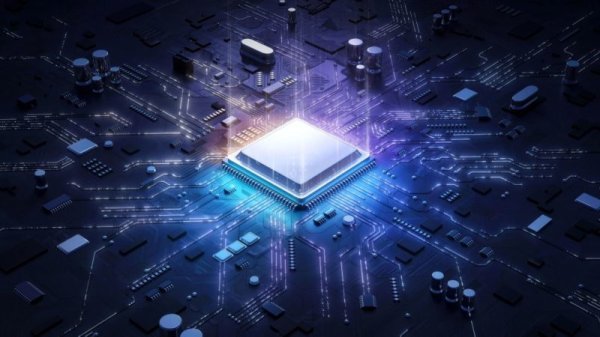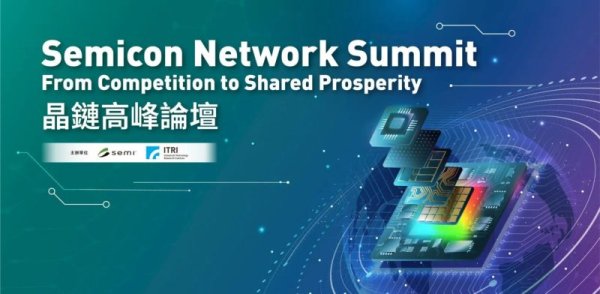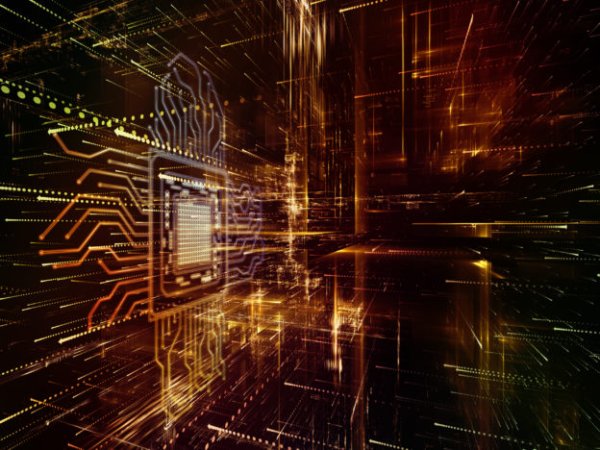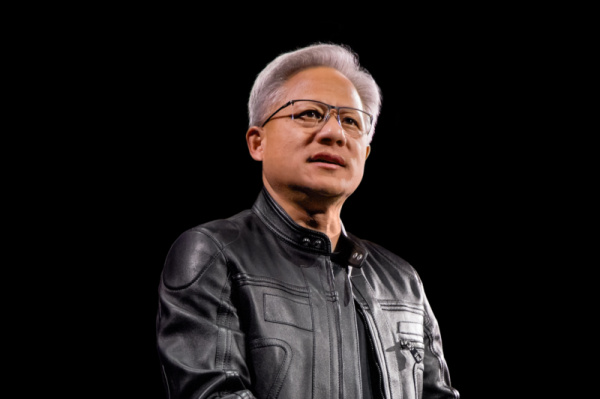Jiao Youjun: The company has provided a lot of entertainment to shareholders in the capital market recently, and we don’t think it is a memory super cycle.
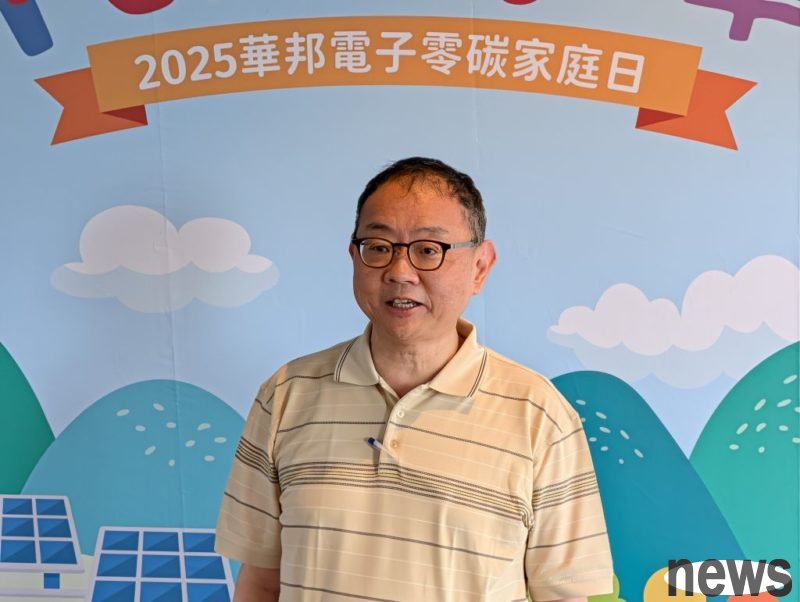
Jiao Youjun, chairman of Winbond Electronics, whose stocks have surged recently, recently expressed in-depth insights on the current global economic situation, geopolitical disputes, and the much-discussed memory business cycle. He emphasized that the extreme popularity of AI (artificial intelligence) is bringing valuable technological opportunities and high value to Taiwan. However, he also took a cautious attitude towards the "super cycle" expected by the outside world, pointing out that the fundamental cycle of the memory boom is still limited to the two-year factory construction time. Faced with the reshaping of the global supply chain, Jiao Youjun confirmed that Winbond will participate in the "third" resource migration and deploy in North America, but strategically will adopt a low-cost, non-manufacturing route.
At the Winbond Home Day held this week, Jiao Youjun said in an interview with the media that the company has provided "a lot of entertainment" to shareholders in the capital market recently. However, he reiterated that the focus of the company's operations is to run the company well, and the stock price is not the core of concern. In addition, he revealed that the expansion of the new Kaohsiung plant will be a highlight of Winbond in 2026. He is confident that the goal of the new Kaohsiung plant is to be a "profit-making fab" and will not become a burden to the company.
Jiao Youjun also pointed out that the current global economy shows different characteristics from the past. On the one hand, the development of the AI field is "very hot"; but on the other hand, the general economic situation is not booming. He believes that the overheating of AI is producing a strong “capacity crowding out effect.” This crowding-out effect not only occurs in Winbond, but is also a common situation faced by the entire industry in Taiwan. Many customers continue to queue up in the supply chain for capacity. He explained that this is because AI brings higher value, prompting many manufacturers in Taiwan to adjust their strategies and resource allocation.
For Taiwan, this trend is a great blessing. Taiwan can be at the forefront of technology and seize market opportunities. Companies that can use cutting-edge technology and keep up with development will perform well. He believes that this will definitely bring very high value to Taiwan's overall economic development. Regarding the industrial impact of geopolitics, Jiao Youjun said that the geopolitical debate has been going on for some time. He pointed out that even if rare earths are not used as bargaining chips, both parties will use other negotiation tools to strive for the best position. Since it is difficult for outsiders to judge the actual discussions between the two parties in the room, they can only wait for them to announce their conclusions before the rules of the future world game can be clear.
When asked by the media about Winbond’s North American presence, Jiao Youjun confirmed that the company “will definitely go to the United States.” But he made it clear that as a "small company", Winbond will not engage in front-end wafer manufacturing in the United States. Winbond's layout will focus on areas such as design, sales or application development to respond to changes in the local market. The advantage of this type of layout is that it does not cost a lot of money, and it is a feasible strategy for Winbond. As for outside speculation about whether a "super cycle" will occur in the current memory market, Jiao Youjun bluntly said that he does not think this wave of changes will be fundamentally different from the previous one. He pointed out that the root cause of the business cycle comes from the speed of factory construction. The entire process takes about two years due to building the new plant, setting up the clean room, and putting in the equipment.
Jiao Youjun further analyzed that the current strong demand for DDR4 is not because of the good performance of DDR4 itself, but because of the HBM craze driven by AI, which has led to the squeeze out of production capacity. Therefore, DDR4 is a lagging indicator, not a leading indicator. Therefore, when all suppliers find that the market is undersupplied, they are bound to jump in to expand production capacity. Once new capacity starts to be released, the balance of supply and demand will change. So he summarized the memory cycle using his usual logic, which is that the good news is that the up cycle is now, and the bad news is that the down cycle will start in two years. Conversely, when a downward cycle begins, the good news is that an upward cycle begins two years later.
Jiao Youjun is not optimistic about the "super cycle" that some people expect to last for "ten years of shortages." He questioned "how many factories can you build in ten years?" implying that the final supply will still meet demand.

